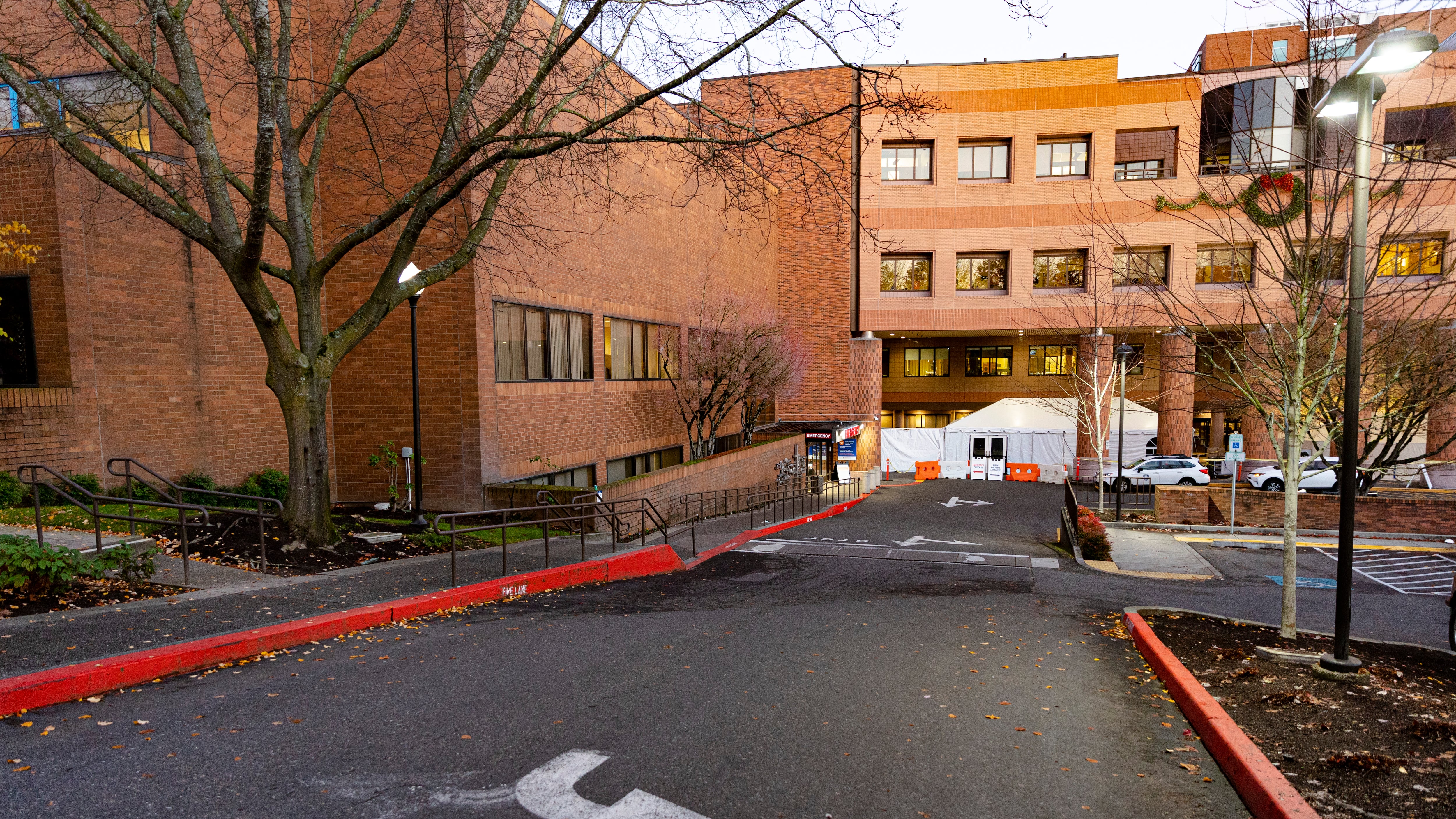Tim Stricker got a blast from the past a couple of months ago—notice from a collection agency that he owed $1,668 for a visit to a Providence emergency room in 2008.
A Southeast Portland resident, Stricker, 32, says he was on Medicaid at the time—which means the government program for low-income Oregonians should have covered his bill.
“I have fought with Providence in the past about this bill with no luck. It originally was a $600 to $700 bill, and now I’m being forced to pay double that,” Stricker says. “Providence should worry less about [money] and more about taking care of the people within their communities.”
(Providence said it couldn’t comment on the bill unless Sticker provided release. He could not be reached again prior to deadline.)
Providence operates 51 hospitals across the West and in Texas, including eight in Oregon, as well as more than 900 clinics. It is structured as a 501(c)(3) nonprofit, which means it pays no taxes on profits or on most property. In exchange, Providence is supposed to serve Medicaid patients such as Stricker and provide free or steeply discounted care to uninsured patients who cannot pay their bills.
A New York Times investigation published last month, however, found that Providence aggressively pursued Medicaid patients and spent less than its peers on charity care. Its practices are the subject of a lawsuit filed by the state of Washington. Providence called the Times’ findings “absurd.”
Just how much charity care nonprofit hospitals should provide is a sore point. In Oregon, where 58 of 60 hospitals are nonprofits, Service Employees International Union Local 49, which represents custodians and home health care workers has long pushed hospitals to be more generous.
That push culminated in a 2019 law requiring hospitals to treat patients more fairly and offer a minimum level of charity care, including no charge for uninsured patients earning up to 200% of the federal poverty level.
On Oct. 11, SEIU published a report that reviewed Providence’s and nine other Oregon hospital systems’ compliance with the new law.
“If these nonprofit health systems truly want to live up to their missions, they need to match their public personas to what patients actually experience,” says SEIU Local 49 political director Felisa Hagins. “But no, instead, they seem to be creating roadblocks that prevent patients from accessing financial assistance and failing to comply with state financial assistance laws.”
Providence spokesman Gary Walker says Providence disagrees with SEIU’s criticism.
“We absolutely understand how stressful it can be to deal with medical bills. We take this incredibly seriously and don’t want financial hardship to ever get in the way of needed care,” Walker says. “Providence’s charity care policy in Oregon already exceeds the requirements under state law.”
Becky Hultberg, CEO of the Oregon Association of Hospitals and Health Systems, also takes issue with the union’s report. “SEIU released a document at a suspect time that provides a limited and incomplete picture of hospital financial assistance practices,” Hultberg says. “At a time when patient care is threatened due to staffing shortages and financial instability, we must work together to preserve access to care in Oregon.”
Here are five findings from the SEIU report:
1. Compliance with basic parts of the law is spotty. Most hospital systems, SEIU found, “are employing practices that effectively obscure the availability of financial assistance or create unnecessary challenges for qualifying patients to complete the application process.”
2. Hospital systems are seeking more information than the law allows, “demanding that applicants provide information about assets (like savings and checking account balances), despite the law being clear that household income is the only criterion.”
3. They are “aggressively sending patients to collections well before their window to apply for financial assistance has closed.” Federal law gives patients 240 days to seek financial assistance, but the union says Oregon hospitals often send accounts to collections after just three months.
4. Many patients eligible for assistance receive‚ and are made to pay for, care at clinics the hospital systems own. The 2019 law covers such clinics, but SEIU found hospital systems are doing a poor job of allowing clinic patients access to the same financial assistance they are eligible for at hospitals. “A review of the plain language summaries for all 10 systems reveal that it still isn’t obvious that financial assistance can be accessed,” the union’s report says.
5. Although all of the hospital systems SEIU examined offer online bill payment to make it more convenient for patients to pay, the union found the technology is far less robust for patients seeking charity care: “The majority of systems we reviewed appeared to only accept applications by fax, mail, or in person.”
Correction: This story originally said Providence could not comment on Tim Stricker’s bill. WW regrets the error.
